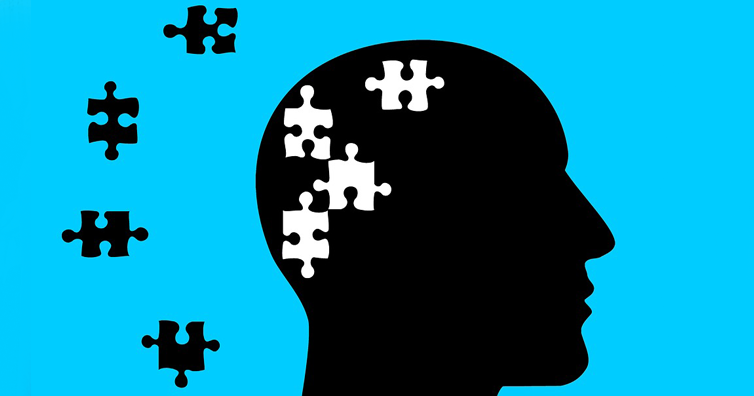Have you ever wondered how is it that someone who lost their memory and can’t even remember their name can still remember and speak their mother language? How is that possible?
Well, it is possible and it all has to do with the affected part of the brain. Here’s how it goes.
Speech production is controlled by a part of the brain called Broca’s Area, while comprehension is controlled by Wernicke’s Area. Our speech is highly dependent on those two areas but our memory is not. You see, although speech uses muscle memory of a sort to produce the sounds, in general, muscle memory is not that much affected when there is a memory impairment. And that is the reason why someone who has memory loss can speak his/her mother language but will probably have difficulty learning new words and recalling words that they know but didn’t use often. The only way that could cause problems with speech is if some damage happened to Broca’s or Wernicke’s area. (the article continues after the ad)
This also explains why people with memory loss can’t remember, for example, a childhood friend. Everything has to do with the impaired memory and very little to do with the production of speech. They can’t recall the name because they can’t remember it but, they have the ability to produce the sounds. In other words, if they remembered the name, they would be able to pronounce it.
If you like what you read, then you will definitely love this one: What Really Happens Inside A Dying Mind?
Main Article Photo: Tumisu / Pixabay

